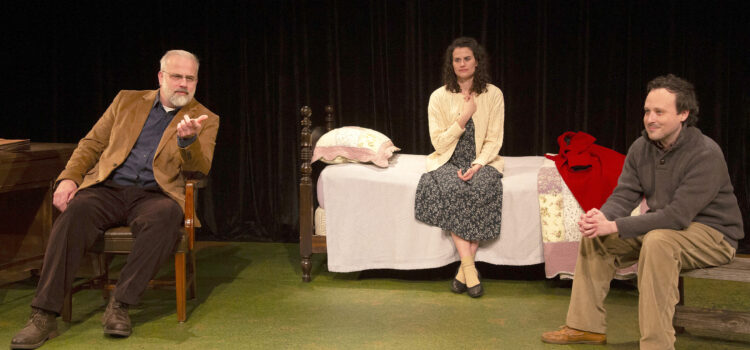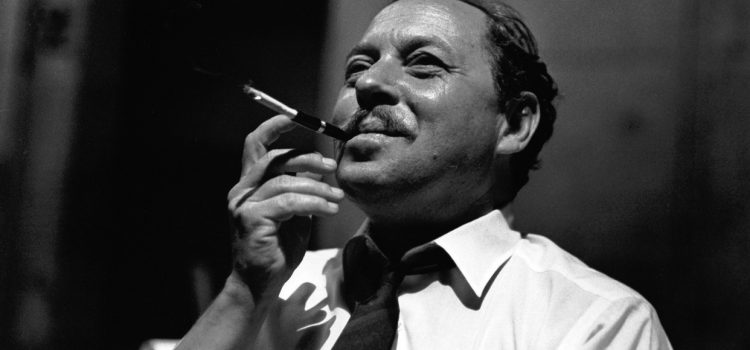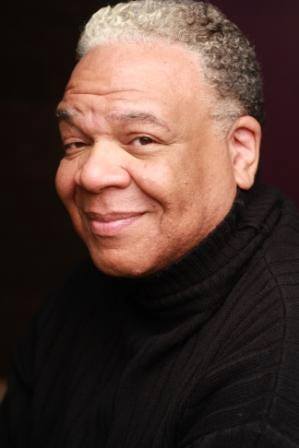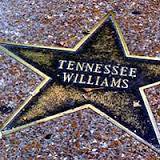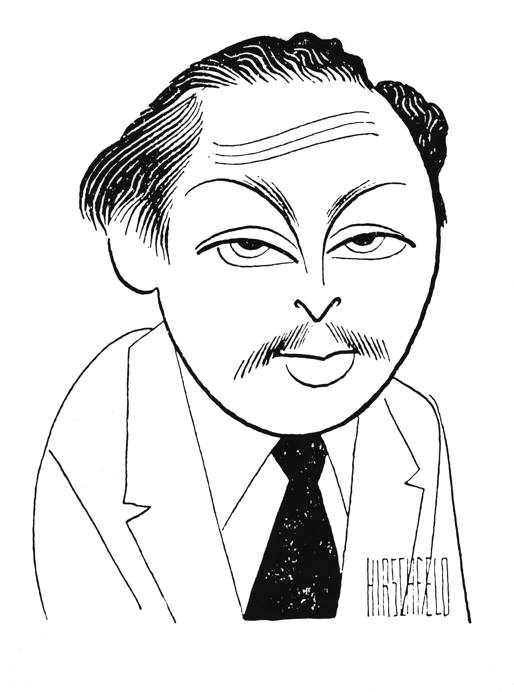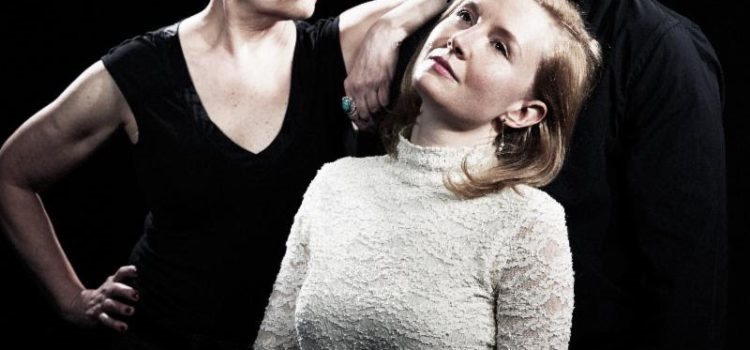By Lynn Venhaus
Heartwarming and heartbreaking, “Molly Sweeney” lingers.
Albion Theatre’s intriguing first foray into producing an Irish play is a poignant mix of comedy and drama that prompts further reflection.
Three engaging performers, all delivering memory monologues without interaction, warmly relay their perspectives in an intimate setting that becomes quite special.
A master storyteller, playwright Brian Friel (1929-2015) followed in the grand Irish tradition of entertaining people through emotional connection. Considered one of the best modern dramatists, he published 24 plays, including “Philadelphia, Here I Come,” “Translations” and “Dancing at Lughnasa.”
In this thoughtful 1994 work, he intertwined hope and despair, fantasy and reality, and fate and destiny. He based his title character on a true story brought to light by famous neurologist Oliver Sacks, in an essay “To See and Not See,” later published in “An Anthropologist on Mars.”
The nearly unsinkable Molly is inspired by an Oklahoma man who had been functionally blind his whole life and underwent a rare operation to partially restore his sight, at the urging of his fiancé, in 1991. While initially the surgery was a success, the consequences were something else entirely.
In splendid lyrical prose, Friel weaves the frames of mind of three distinctive characters, whose meditations on their life choices are at once universal and specific – the highs and lows, the ups and downs, the triumphs, and the losses. This cast grabs our attention by pulling our heartstrings hard.
Molly (Maggie Wininger), 41, has been blind since she was 10 months old. An optimist despite her affliction, she takes delight in the simple pleasures of her life in Ballybeg, a fictional Irish town. She talks about her friends and neighbors with great affection, and is married to spirited Frank (CJ Langdon), who finds joy and wonder in nearly everything.
He persuades Molly, along with an eye surgeon, Mr. Rice (Paul Gutting), to go through an operation that may restore her sight. He thinks she’ll be complete. After all, what does she have to lose? (oh, in hindsight…).
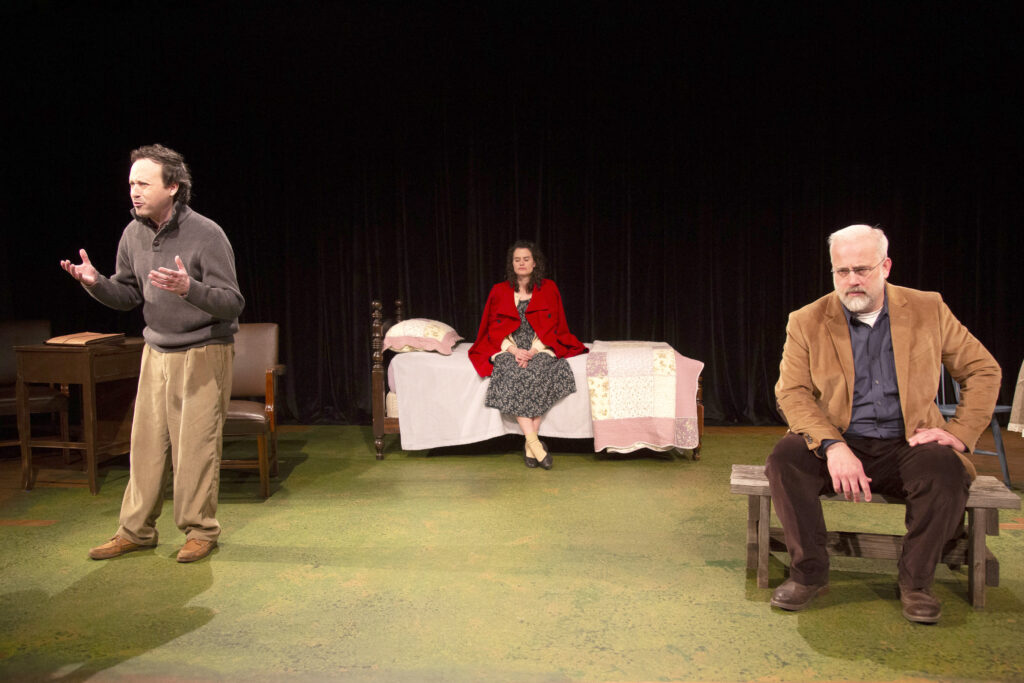
A radiant Wininger imbues Molly with cheer and charm. She’s realistic about the condition she lives with, daring not to dream of happiness ever after.
As their travails unfold, the trio spurs thoughts about how we perceive our place in the world, how we affect people and how we are affected by others during our lifetime learning processes.
C.J. Langdon, a newcomer to St. Louis, is impressive in his regional professional debut. As Frank, a tad off the wall, he’s enthusiastic in his outlook on life and dearly loves his wife, although he’s not as accomplished as others. His heart is pure, like Molly’s, and he is very funny.
Mr. Rice, the surgeon, has had more hard knocks than he wants people to know about, but his telltale sign of trouble is the copious amounts of whiskey he consumes. A once promising doctor, a tough betrayal sent him reeling, and he’s a shadow of his former self. But somehow, he pulled it together to give Molly back her sight. Will it restore his career?
Returning to the stage after 15 years’ absence, Gutting is a strong force, conveying his character’s success and failures in measured tones, and the regret is palpable.
The beauty of a black-box stage is how we can witness these deeply felt performances up close, and the attentive actors put their personal stamp on them.
Robert Ashton has superbly cast and directed this show, welcoming a shining Wininger back on stage after a real-life break to become a mother of two while introducing a fresh young talent in Langdon and heralding an admirable comeback by Gutting.
All three are marvelously in sync as they subtly shift tones, veering from elation and exuberance to deflated and melancholy.
Sadly, this trajectory reveals how Molly’s inherent gaiety about her independent life that Wininger beautifully embodies at first will seep away as she wrestles with all the expectations that sight has done to her psyche – and how she was influenced by these two well-meaning men (they have their own dreams about being heroes).
Wininger bends her whole body to show us how Molly has used touch, smells, sounds and her own adaptations to live productively. It’s a noteworthy expressive performance physically besides nailing an appealing regional accent and captivating us with her tales.
In Friel’s examination of their lives, he raises questions about our quests for improvement at others’ expense if we’re comfortable with our life — perhaps we should be content with the cards we’re dealt. We should think about what we want, and not base decisions to please others, and maybe those urging us to change should step back.
The observations are sharply in focus in Albion’s finely put together work. An expert team behind the scenes – Gwynneth Rausch as assistant director and stage manager, Erik Kuhn’s effective minimalist set design, Eric Wennlund’s astute lighting design and Ashton’s precise sound design – keep attention on the characters.
Costume designer Tracey Newcomb dressed them in comfy attire appropriate to their social place – an attractive print dress for Molly, casual sweater for Frank, and then jacket and corduroys for the doctor.
Albion always spotlights music reflecting their shows’ culture, and their pre-show and intermission pieces are written by Turlough O’Carolan, an 18th century blind harpist, composer, and singer that some consider Ireland’s national composer.
It suits the presentation well, just like everything assembled for this stirring piece.
First performed in Dublin, “Molly Sweeney” arrived in America in 1996 for an off-Broadway production by Roundabout Theatre starring Catherine Byrne as Molly, Alfred Molina as Frank, and Jason Robards as Mr. Rice. That show won the Lucille Lortel Award for Outstanding Play. A revival happened in 2013 in west London, then the Irish Repertory Theatre performed it on screen in 2020.
Albion’s smart choice allows us to delve into Friel’s discerning sensibilities and vivid characters passionately refreshed by Wininger, Langdon and Gutting. The narrative is as indelible as the actors.
I appreciated their eloquent interpretations very much, introducing me to a play I was unfamiliar with, and now will not forget.
Albion Theatre presents “Molly Sweeney” March 15 through March 31 at the Kranzberg Black Box Theatre, 501 N. Grand Blvd, St. Louis, MO 63103. For more details on tickets and times, go to Albion Theatre: https://albiontheatrestl.org/tickets/
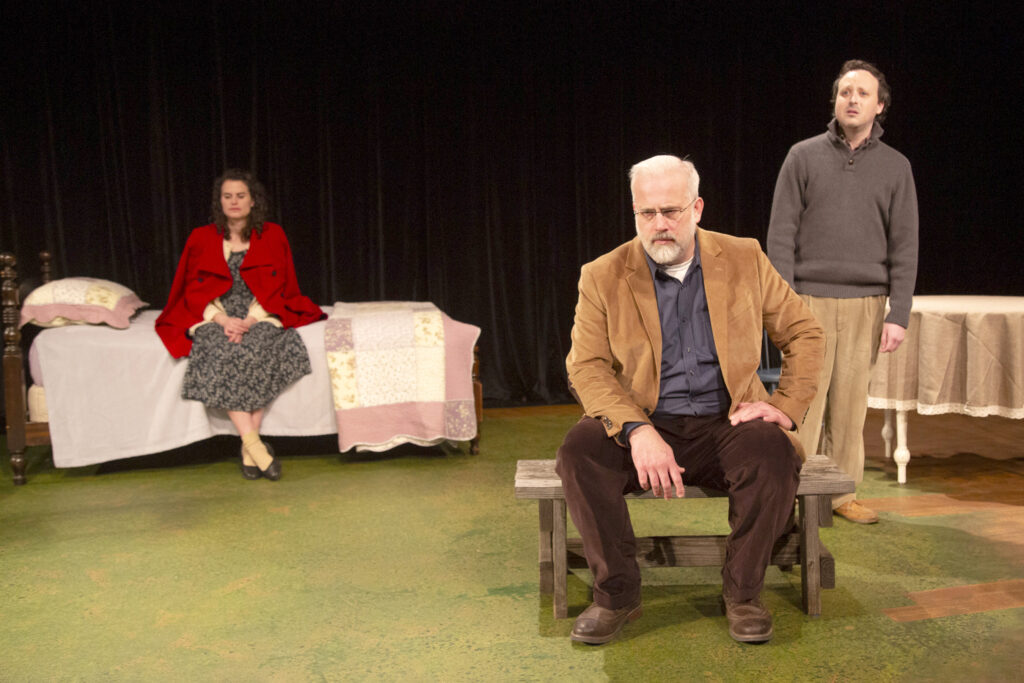

Lynn (Zipfel) Venhaus has had a continuous byline in St. Louis metro region publications since 1978. She writes features and news for Belleville News-Democrat and contributes to St. Louis magazine and other publications.
She is a Rotten Tomatoes-approved film critic, currently reviews films for Webster-Kirkwood Times and KTRS Radio, covers entertainment for PopLifeSTL.com and co-hosts podcast PopLifeSTL.com…Presents.
She is a member of Critics Choice Association, where she serves on the women’s and marketing committees; Alliance of Women Film Journalists; and on the board of the St. Louis Film Critics Association. She is a founding and board member of the St. Louis Theater Circle.
She is retired from teaching journalism/media as an adjunct college instructor.

